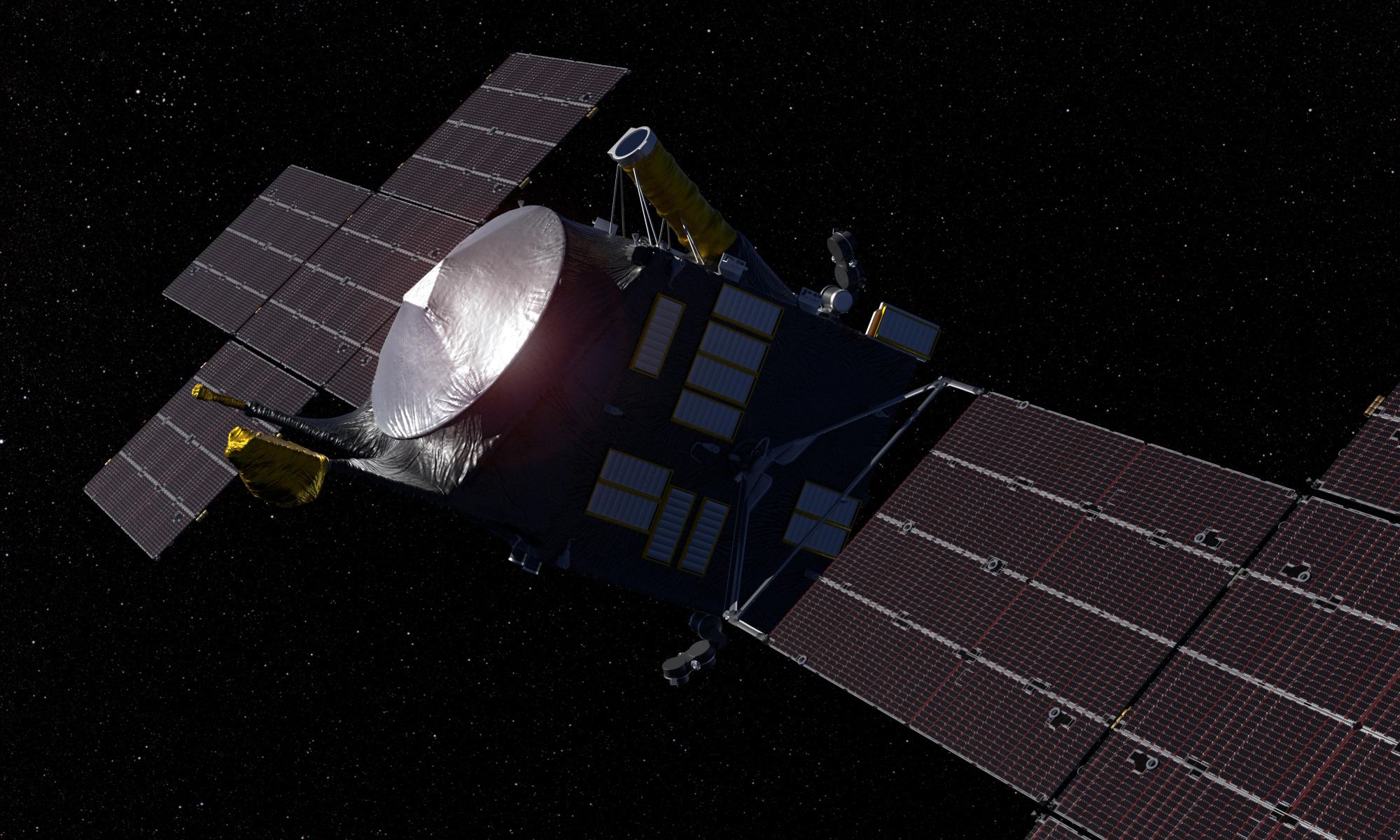NASA’s Psyche mission is back on track for launch and is now scheduled for a potential October 2023 launch date, according to an October 2022 statement from NASA. This comes after missing its originally planned launch date between August and October of 2022, and becoming subject to an independent review board, whose results were announced in November 2022.
“I appreciate the hard work of the independent review board and the JPL-led team toward mission success,” Dr. Thomas Zurbuchen, associate administrator of NASA’s Science Mission Directorate in Washington, said in the October 2022 statement. “The lessons learned from Psyche will be implemented across our entire mission portfolio. I am excited about the science insights Psyche will provide during its lifetime and its promise to contribute to our understanding of our own planet’s core.”
The launch delay came after the spacecraft’s flight software and testing equipment wasn’t delivered to NASA on time, which meant there was not adequate time available to complete the testing to meet the mission’s 2022 launch date. With this new launch date, Psyche is scheduled to achieve a Mars gravity assist sometime in 2026 and arrive at the asteroid, 16 Psyche, in August 2029.
“The whole team and I are thrilled to have the new launch confirmed,” Dr. Lindy Elkins-Tanton, Principal Investigator of the Psyche mission, recently told Universe Today via email. “Slipping the date was critical to mission success and the review process really did help us replan in a productive way. And it feels great to be working full steam ahead for the new date.”
The goal of the Psyche mission will be to explore the asteroid, 16 Psyche, which lies in the asteroid belt between Mars and Jupiter. What makes 16 Psyche so intriguing for scientific study is that it’s a metal-rich object and the possible partial core of a shattered planetesimal, which is the first stages of a planet during the formation process. But how does this new launch date for the Psyche mission affect the overall mission, specifically pertaining to the science aspect?
“The science objectives and requirements are unchanged,” Dr. Elkins-Tanton explained to Universe Today via email. “In fact, some of the technical aspects of orbiting the asteroid and obtaining data are improved by being at a slightly different phase of the asteroid’s orbit around the Sun than we would have been with the previous launch date, and the science returns are expected to be as good or better than originally planned.”
Once the spacecraft successfully arrives at 16 Psyche in 2029, it will conduct its science operations from four staging orbits, which are orbits that are performed at continuingly declining altitudes above the asteroid’s surface. Each of the four stages are designed to collect data on the asteroid’s characterization (56 days), topography (80 days), gravity science (100 days), and elemental mapping (100 days).
“We are all thrilled to be sharing this adventure with the world,” Dr. Elkins-Tanton told Universe Today via email. “Make sure not to miss our student art (our art interns create dozens of new pieces of art each year) and our free online courses, available through the ASU mission website.”
As always, keep doing science & keep looking up!

